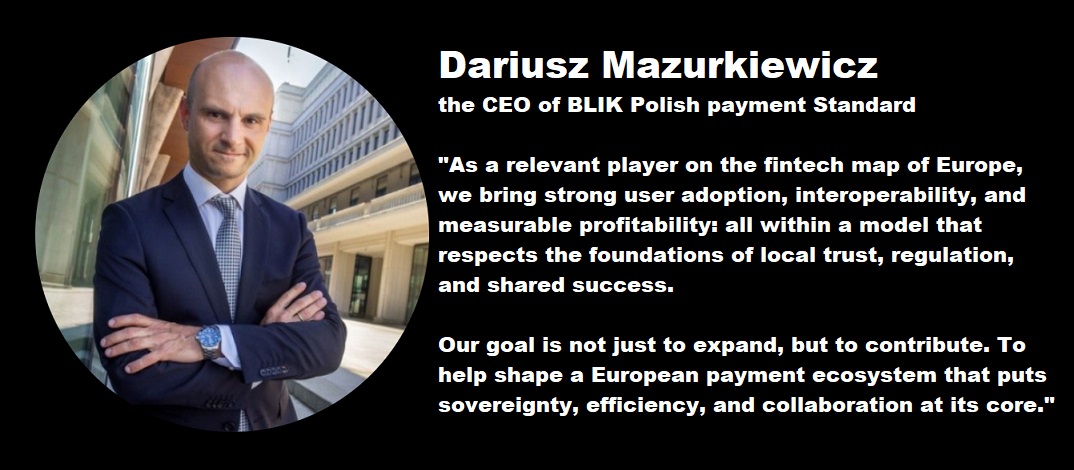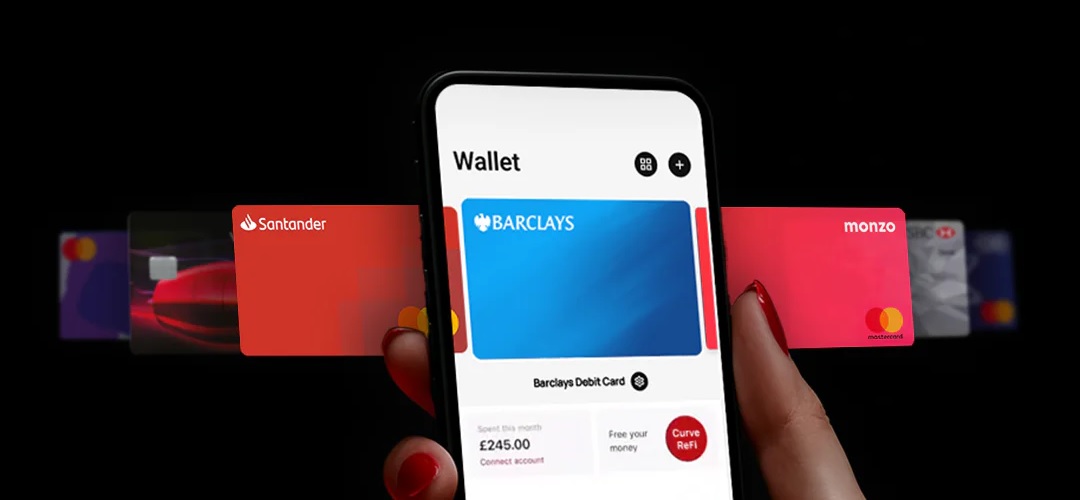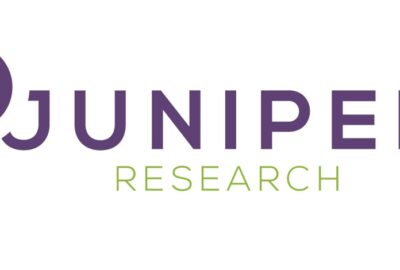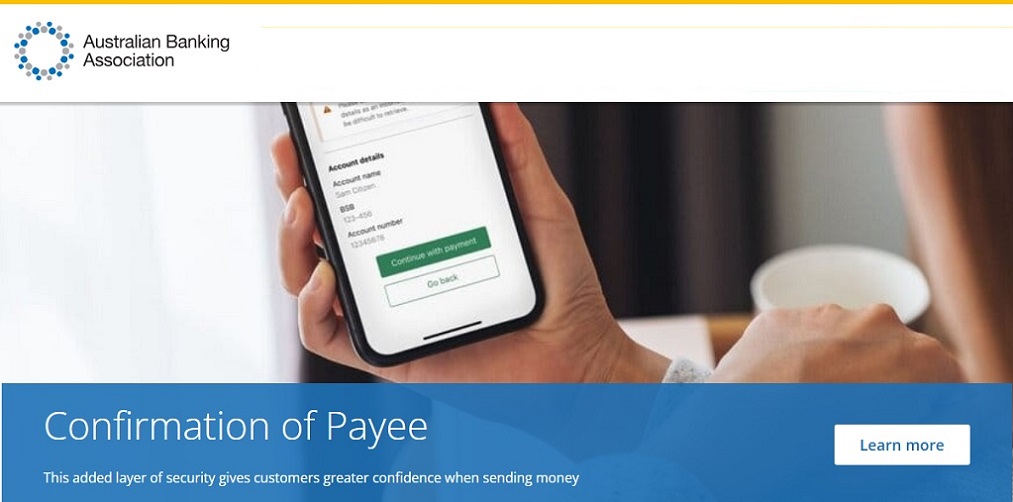European Payments Council publishes white paper on mobile payments
 6 July, 2010 – Given the proliferation of mobile phones throughout the EU, the European Payments Council recognises that the mobile channel is an ideal launch pad for SEPA payment instruments. The availability of practical SEPA mobile payments, either account or card-based, would provide a realistic alternative to cash and cheques.
6 July, 2010 – Given the proliferation of mobile phones throughout the EU, the European Payments Council recognises that the mobile channel is an ideal launch pad for SEPA payment instruments. The availability of practical SEPA mobile payments, either account or card-based, would provide a realistic alternative to cash and cheques.
The European Payments Council (EPC), the coordination and decision-making body of the European payments industry, today published the EPC White Paper on Mobile Payments. The White Paper highlights the EPC’s initiatives for mobile payments in the Single Euro Payments Area (SEPA) designed to facilitate implementation and interoperability of user-friendly mobile payment solutions across the 32 SEPA countries. The white paper explores how mobile payment services can be delivered through cooperation between service providers active in the banking industry and the new players emerging in the mobile ecosystem.
The EPC White Paper on Mobile Payments offers an informative read to any party interested in mobile payments, and aims to foster a common understanding between payment service providers and bank customers by using non-technical language. The document predominantly focuses on mobile contactless card payments, where the mobile device needs to be in close proximity to a point-of-sale terminal, while also addressing some aspects of mobile remote payments, where two parties are able to send and receive funds irrespective of where they are located.
Given the proliferation of mobile phones and related service levels throughout the European Union (EU), the EPC recognises that the mobile channel is an ideal launch pad for SEPA payment instruments. Many consumers are already using mobile phones for services beyond the traditional voice calls and short messaging services due to the introduction of packaged offers, including internet access provided by the mobile network operators. As a result, consumer expectations with regard to mobile phone functionality have increased dramatically, with many users eager to embrace new service solutions based on this delivery platform, such as payments. The availability of practical SEPA mobile payments, either account or card-based, would provide a realistic alternative to cash and cheques.
At the same time, merchants demand that new technology translates into cost savings, increased business volume and reduced exposure to security threats such as cash thefts or illicit payments, as well as enhanced marketing opportunities and brand recognition. Mobile phone initiated payments, in particular those using the contactless approach, are very well positioned to generate these benefits for merchants and other stakeholders who are directly providing services to consumers.
Gerard Hartsink, Chairman of the EPC, comments: “The EPC, working together with other stakeholders such as, for example, GSMA, the organisation representing the interests of the worldwide mobile communications industry, is in the process of establishing the necessary standards and business rules with regard to the initiation and receipt of SEPA payments by mobile. The aim is to develop proposals that support collaboration and standardisation and which form the basis for interoperability. Our intention is to establish a service framework sufficient to reach potentially all payers and payees in the European Economic Area and to create a trusted and secure environment for the multiple stakeholders active in the field.”
Dag-Inge Flatraaker, Chairman of the EPC M-Channel Working Group, adds: “The EPC White Paper on Mobile Payments responds to changing customer requirements in the payments market and demonstrates how mobile payments can increase efficiency, effectiveness and convenience. This paper creates awareness on how to best combine the benefits of state-of-the art SEPA payment instruments for credit transfers, direct debits and card payments handled through one of the most popular and versatile devices introduced in the past two decades – the mobile phone.”
The EPC plans to publish a second edition of the white paper in 2011 that will focus further on mobile remote payments.
Read the white paper here: Download the document now 727.7 kb (PDF File)
About the European Payments Council
The European Payments Council (EPC) is the coordination and decision-making body of the European banking industry in relation to payments. The purpose of the EPC is to support and promote the Single Euro Payments Area (SEPA).
The EPC develops the payment schemes and frameworks necessary to realise SEPA. In particular, the EPC defines common positions for the cooperative space of payment services, provides strategic guidance for standardisation, formulates rules, best practices and standards and supports and monitors implementation of decisions taken. The EPC consists of 76 members representing banks, banking communities and payment institutions. More than 300 professionals from 32 countries are directly engaged in the work programme of the EPC, representing all sizes and sectors of the banking industry within Europe.
Dariusz Mazurkiewicz – CEO at BLIK Polish Payment Standard
Banking 4.0 – „how was the experience for you”
„To be honest I think that Sinaia, your conference, is much better then Davos.”
Many more interesting quotes in the video below:










